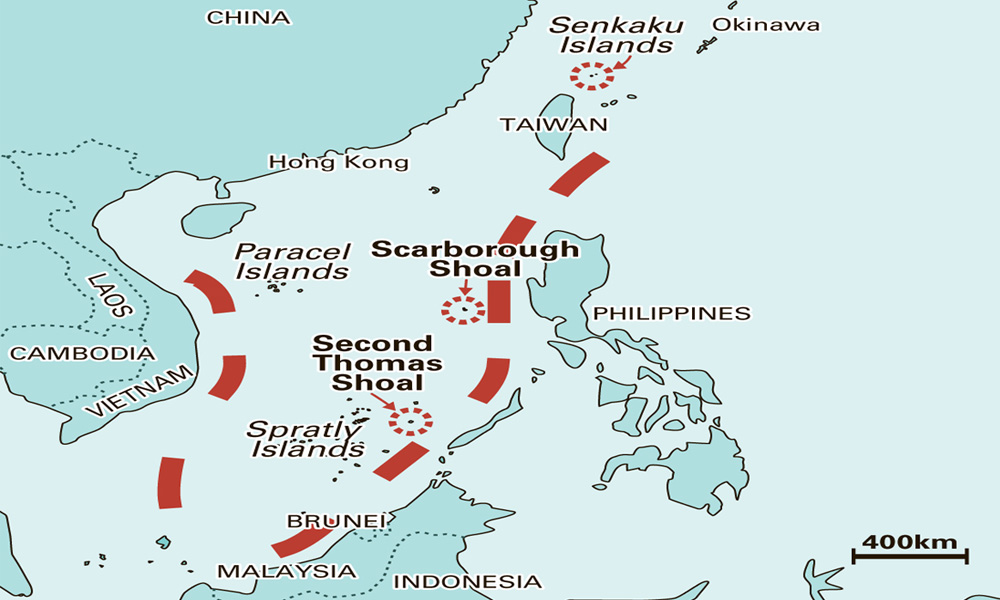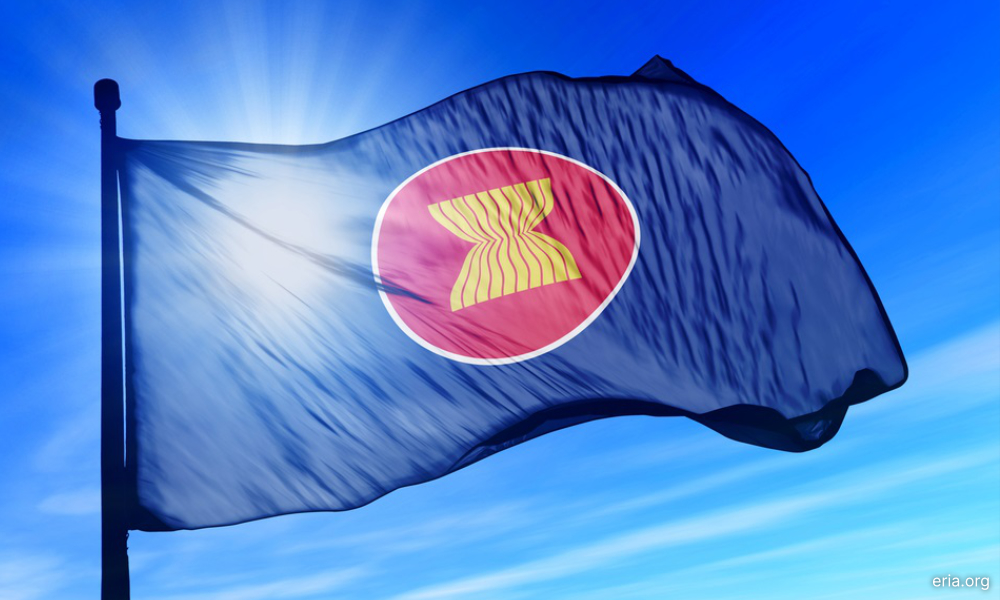LETTER | Malaysia is a maritime nation due to its geographical advantages, which provide it with abundant maritime resources.
However, Malaysia faces complex challenges in safeguarding its maritime sovereignty due to its position within a complex network of maritime boundaries shared with neighbouring countries - including Singapore, Indonesia, Thailand, Vietnam, Brunei, and the Philippines.
This strategic location also presents challenges, notably with territorial conflicts and overlapping claims over land and sea zones. These conflicts frequently pertain to access to marine resources, fisheries, and navigational entitlements.
The Straits of Malacca, a prominent global shipping route, include challenges related to marine security, environmental degradation, and navigational rights among Malaysia, Indonesia, and Singapore.
And South China Sea is a focal point for competing claims among Malaysia and its neighbouring countries, notably Vietnam, the Philippines, and Brunei, particularly regarding Exclusive Economic Zones (EEZs) and resource-abundant regions thought to have substantial hydrocarbon reserves.
The Straits of Malacca and the South China Sea are two highly volatile maritime regions often at the forefront of regional conflicts.
China’s Nine-Dash-Line
The growing geopolitical tensions on both waters further complicate enforcement efforts, necessitating a robust and strategic approach to maritime security.
One of the most pressing concerns is territorial disputes, particularly the overlapping claims involving China’s Nine-Dash Line. These disputes not only threaten Malaysia’s sovereignty but also create friction in regional diplomacy.
Addressing these challenges requires a comprehensive, multi-faceted strategy that integrates legal, security, diplomatic, and environmental measures.

Strengthening Malaysia’s legal framework in alignment with the United Nations Convention on the Law of the Sea (Unclos) and regional security agreements will reinforce its legal standing in maritime disputes.
Unclos is often referred to as the "constitution of the oceans”, providing a comprehensive framework for governing maritime activities and managing ocean resources.
As a signatory since 1996, Malaysia has utilised Unclos to define its maritime zones, including its territorial sea, contiguous zone, EEZ and continental shelf.
These zones collectively enhance Malaysia’s sovereign rights and jurisdiction over maritime areas rich in natural resources, critical for economic development and national security.
Modernising security apparatuses
Investing in the modernisation of Malaysia’s naval and coast guard capabilities-such as advanced offshore patrol vessels, radar systems, and AI-driven surveillance will enhance monitoring and rapid response capabilities.
Additionally, regional cooperation through Asean-led initiatives, such as the Code of Conduct for the South China Sea and joint maritime patrols with neighbouring nations, will bolster security and stability.
Beyond security measures, sustainable maritime governance is crucial. Promoting eco-maritime security through blue economy policies and the establishment of marine protected areas can strengthen Malaysia’s sovereignty while preserving marine ecosystems.

Furthermore, engaging local communities and maritime industry stakeholders in security initiatives through awareness programmes, education and participatory monitoring can enhance national resilience.
Ultimately, Malaysia must adopt a holistic approach that combines diplomatic engagement, military preparedness, legal reinforcement and technological advancements.
By fostering regional collaboration and investing in maritime defence capabilities, Malaysia can effectively protect its sovereignty, safeguard its maritime borders, and contribute to stability in the region.
Writer is a senior lecturer at the Faculty of Maritime Studies, Universiti Malaysia Terengganu.
The views expressed here are those of the author/contributor and do not necessarily represent the views of Malaysiakini.

